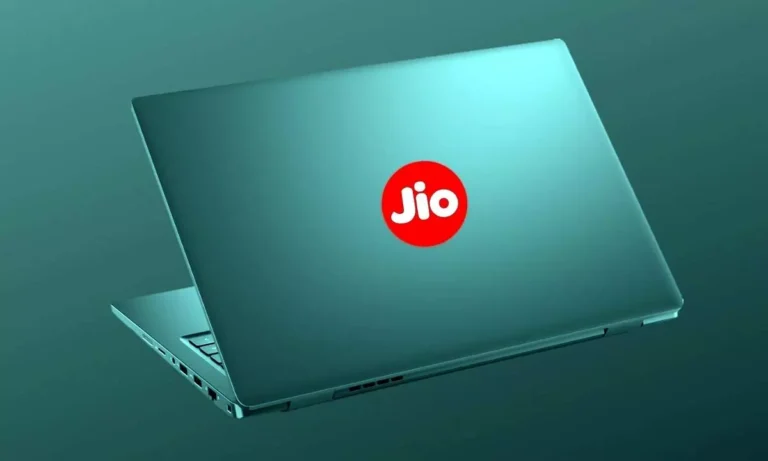Laptops are becoming needed for work, school, and personal use in our increasingly digital environment. Thanks to its thriving IT sector and rising demand for electronic gadgets, India has always been a significant player in the global laptop market. But like many other nations, India periodically reviews its import regulations to keep up with changing economic and security factors. The dynamics of laptop imports into India are examined in this article, emphasizing current government initiatives and their possible effects.
The Historical Context
India has a history of implementing protectionist trade policies, frequently intending to enhance home manufacturing. Promoting locally produced items, including computers, was previously accomplished through import levies and limitations. Laptops were subject to high import taxes to boost domestic manufacturing. However, India’s policy towards laptop imports changed as technology advanced and the dynamics of international trade changed.
The Changing Landscape
Recent changes have influenced India’s position on laptop imports in international trade. In 2014, the “Make in India” project was introduced to promote domestic production in various industries, including electronics. As a response, the government put up several regulations to support domestic laptop production.
- Customs Duties: The government changed the laptop customs duties to safeguard and support local manufacturers. Due to higher import taxes on computers, parts, and accessories, imported laptops are now more expensive than those made locally.
- The laptop-phased manufacturing program (PMP) encouraged businesses to produce some laptop parts in India. The government sought to lessen reliance on imports by gradually increasing the localization of components.
- Production-Linked Incentive (PLI) Scheme: The government launched the PLI program for laptops and tablets to increase domestic production. This incentive plan aims to increase investment and advance tablet and laptop manufacturing in India.
The Impact on Consumers
The shifting import regulations have directly impacted the customer. The “Make in India” effort has expanded domestic production and raised the cost of imported laptops. Due to higher import charges, imported laptops can be more expensive, which may limit the options available to consumers looking for affordable alternatives.
Positively, the emphasis on domestic production has resulted in the availability of a more comprehensive selection of computers explicitly made for Indian consumers. Laptops with features adapted to local preferences, such as bilingual keyboards and enhanced performance in hot and muggy environments, have been produced by domestic manufacturers.
The Implications for Businesses
Adapting to the shifting political landscape is crucial for companies engaged in importing and selling laptops in India. Increased import taxes may impact profit margins, necessitating a review of pricing methods. To lessen the effects of import levies, businesses may also look into collaborations with local suppliers or manufacturers.
Businesses have the chance to take part in India’s expanding manufacturing ecosystem through the PLI scheme. Companies can take advantage of government incentives by investing in regional production and fulfilling the program’s requirements.
Navigating the Regulatory Environment
The most recent laws and rules governing the import of laptops into India must be kept in mind by importers and businesses. It’s critical to keep corporate operations flexible, given the possibility of policy changes.
Consultations with legal authorities and industry experts can offer insightful information about compliance needs and methods for navigating the regulatory environment. It’s also a good idea to keep up with business alliances and follow official announcements.
Over time, India’s policy on importing laptops has changed due to economic and strategic factors. While “Make in India” and PLI programs seek to increase domestic production and self-reliance, they also impact consumers and companies that import laptops. The secret to succeeding in India’s laptop market is to adjust to these changes, comprehend the ramifications, and look for possibilities within the changing regulatory landscape. All industry players must remain aware and flexible as the government tweaks its regulations.









